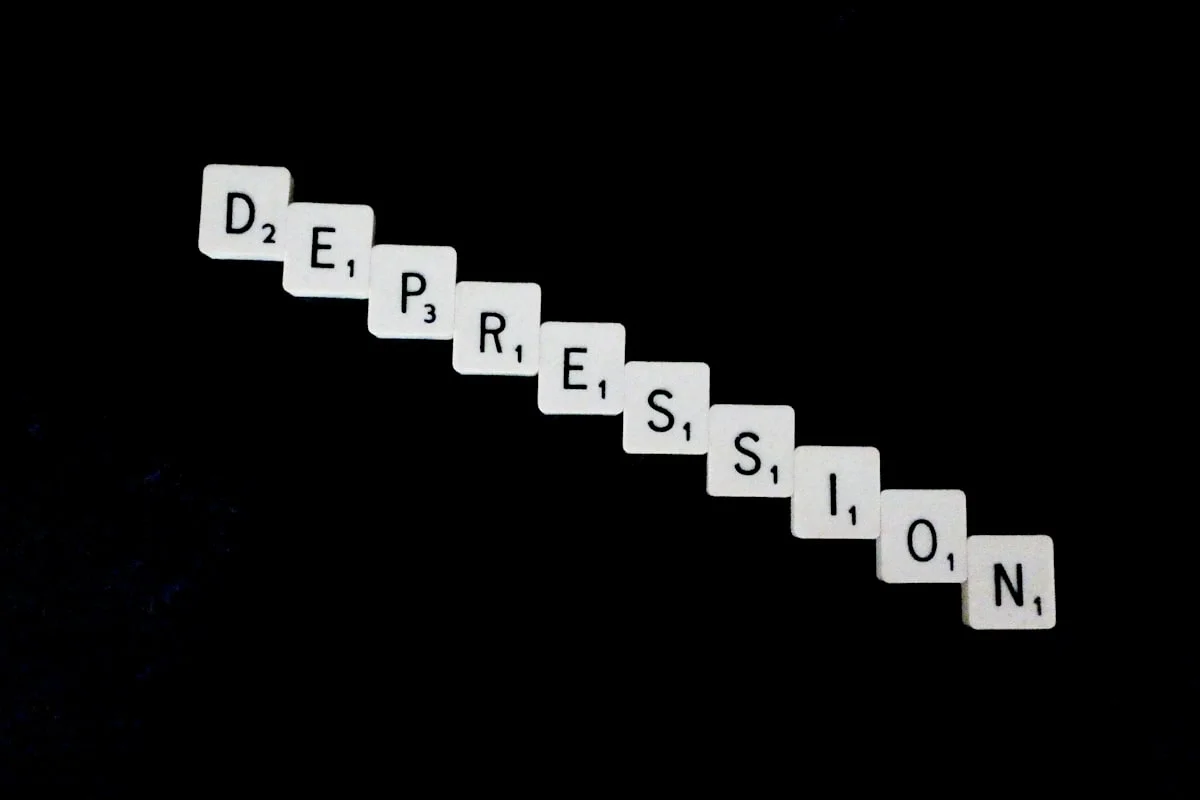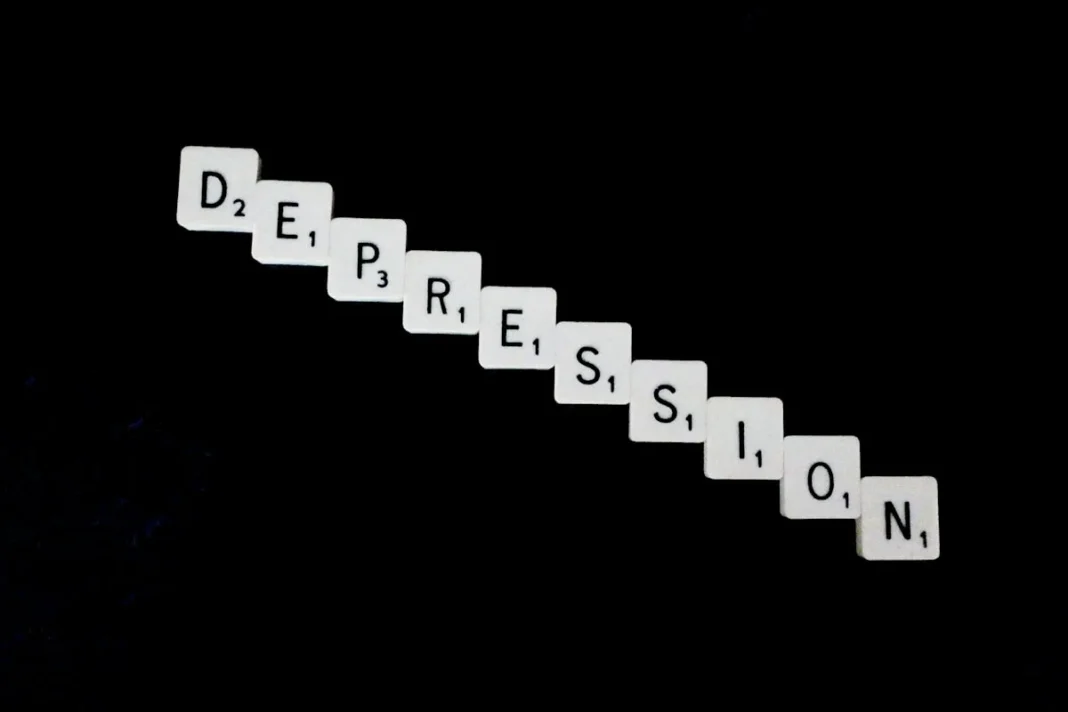How a Bipolar Person Loves: Navigating Bipolar Love Relationships in 2025
Bipolar love relationships can be intense, passionate, and deeply rewarding—but they also come with unique challenges. For those with bipolar disorder, love is often experienced in extremes, swinging between euphoric highs and depressive lows. Understanding how a bipolar person loves is essential for fostering healthy, supportive, and lasting relationships. Whether you’re in a bipolar love relationship or supporting someone who is, recognizing the emotional patterns, communication needs, and coping strategies can make all the difference.
The Emotional Landscape of Bipolar Love Relationships
Love for a person with bipolar disorder is rarely linear. During manic or hypomanic episodes, they may express affection with grand gestures, overwhelming enthusiasm, and an almost magnetic charm. This intensity can make the relationship feel exhilarating, but it may also lead to impulsive decisions or unrealistic expectations. Conversely, depressive episodes can bring emotional withdrawal, self-doubt, and a struggle to engage in the relationship. Recognizing these shifts is the first step in navigating bipolar love relationships with empathy and patience.
Partners in bipolar love relationships often describe a duality—moments of profound connection followed by periods of emotional distance. This doesn’t mean the love is any less real; rather, it reflects the internal fluctuations that come with bipolar disorder. Open communication about these emotional cycles helps both partners understand each other’s needs and boundaries.
Communication and Trust in Bipolar Love Relationships
Trust and communication are the cornerstones of any successful relationship, but they are especially vital in bipolar love relationships. A person with bipolar disorder may fear being misunderstood or judged for their emotional swings, while their partner might feel uncertain about how to provide support. Honest conversations about triggers, warning signs, and coping mechanisms can bridge this gap.
Setting clear expectations is crucial. For example, discussing how to handle manic episodes—when impulsivity might lead to overspending or risky behavior—can prevent misunderstandings. Similarly, agreeing on ways to offer comfort during depressive phases, without enabling avoidance, helps maintain balance. Therapy, both individual and couples-based, can provide tools to strengthen these communication skills.
The Role of Stability and Routine
Consistency can be a grounding force in bipolar love relationships. Because bipolar disorder disrupts emotional regulation, a structured routine—regular sleep, medication management, and stress-reducing activities—can help stabilize mood swings. Partners can play a supportive role by encouraging healthy habits without taking on a caretaker role, which can lead to burnout. For more insights on this topic, check out our guide on check saudi traffic fines online – quick & easy guide.
For additional perspective, see our post on best budget hotels near dubai mall – affordable stays.
It’s also important for both individuals to maintain their own identities and social connections. A bipolar love relationship thrives when neither person feels solely responsible for the other’s emotional well-being. Encouraging hobbies, friendships, and self-care ensures that love remains a partnership rather than a dependency.
Challenges and Strengths of Bipolar Love Relationships
Like any relationship, bipolar love relationships have their challenges, but they also offer unique strengths. The emotional depth that comes with bipolar disorder can lead to extraordinary empathy, creativity, and passion. Many partners describe their relationships as profoundly meaningful, with a level of emotional honesty that fosters deep intimacy.
However, challenges such as mood instability, medication side effects, and societal stigma require patience and resilience. Educating oneself about bipolar disorder, seeking professional guidance, and joining support groups can help couples navigate these obstacles. The key is to focus on teamwork—facing challenges together rather than letting the disorder define the relationship.
Looking Ahead: Bipolar Love Relationships in 2025
As mental health awareness continues to grow in 2025, bipolar love relationships are becoming more understood and accepted. Advances in therapy, medication, and relationship counseling offer new hope for couples managing bipolar disorder together. The most successful relationships are those built on mutual respect, adaptability, and unconditional support—qualities that transcend any diagnosis.
If you’re in a bipolar love relationship, remember that love is not about perfection but about growth. With understanding, communication, and commitment, these relationships can be as fulfilling and enduring as any other.



